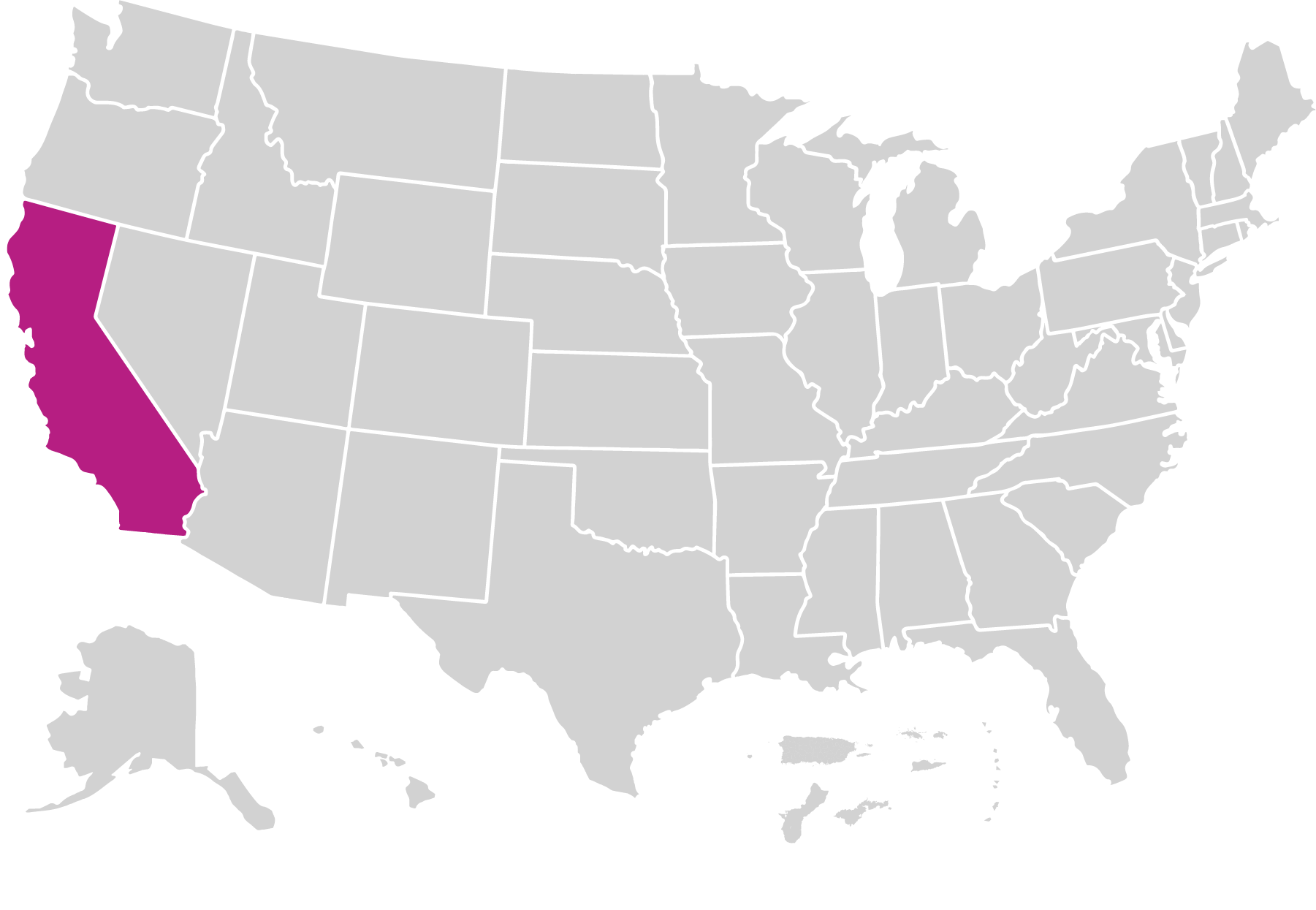Welcome Baby
Welcome Baby is a voluntary, universal hospital- and home-based intervention for families who are expecting or have recently given birth. Welcome Baby works with families to help them have healthy pregnancies and births; provide support during the postpartum period; maximize babies’ health and safety; build strong parent-child relationships; and facilitate access to support services when needed.
What is the model’s approach to providing home visiting services?
Welcome Baby provides a home visit before the 27th week of pregnancy, followed by a phone call check-in and a home visit after the 28th week of pregnancy. Families receive five home visits after their baby is born. A registered nurse makes the first visit 3 to 14 days postpartum. A parent coach then visits the family at 2 to 4 weeks, 2 months, 3 to 4 months, and 9 months postpartum. Services are provided until the child is 9 months old. Welcome Baby recommends families initiate services prenatally if their location permits, or at the time of birth in a participating hospital.
Welcome Baby serves all families with young children. Some local programs have specific eligibility requirements.
Who is implementing the model?
Home Visitors
Welcome Baby was implemented by 96 full-time equivalent (FTE) home visitors in 2024. The model requires at least a bachelor’s degree for home visitors. The maximum caseload requirement for home visitors is 100 families.
Supervisors
Welcome Baby was implemented by 24 FTE supervisors in 2024. The model recommends at least a bachelor’s degree for supervisors.
Where is the model implemented?
Welcome Baby operated in 12 local agencies in 1 state in 2024.

Families Served Through Home Visiting in 2024
Race
<1% American Indian Alaska Native
5% Asian
8% Black
<1% Native Hawaiian Pacific Islander
5% White
3% Multiple
78% Another race
Ethnicity
78% Hispanic or Latino
22% Not Hispanic or Latino
Primary language
67% English
32% Spanish
1% Another language
Caregiver age
10% ≤21 years
39% 22-29 years
51% 30-44 years
<1% ≥45 years
Caregiver education
20% No HS diploma
38% HS diploma or GED
24% Some college or training
18% Bachelor's degree or higher
Household income
92% Low-income status
8% Not low-income status
Child age
100% <1 year
0% 1-2 years
0% 3-5 years
Child insurance status
79% Public
21% Private
<1% None
